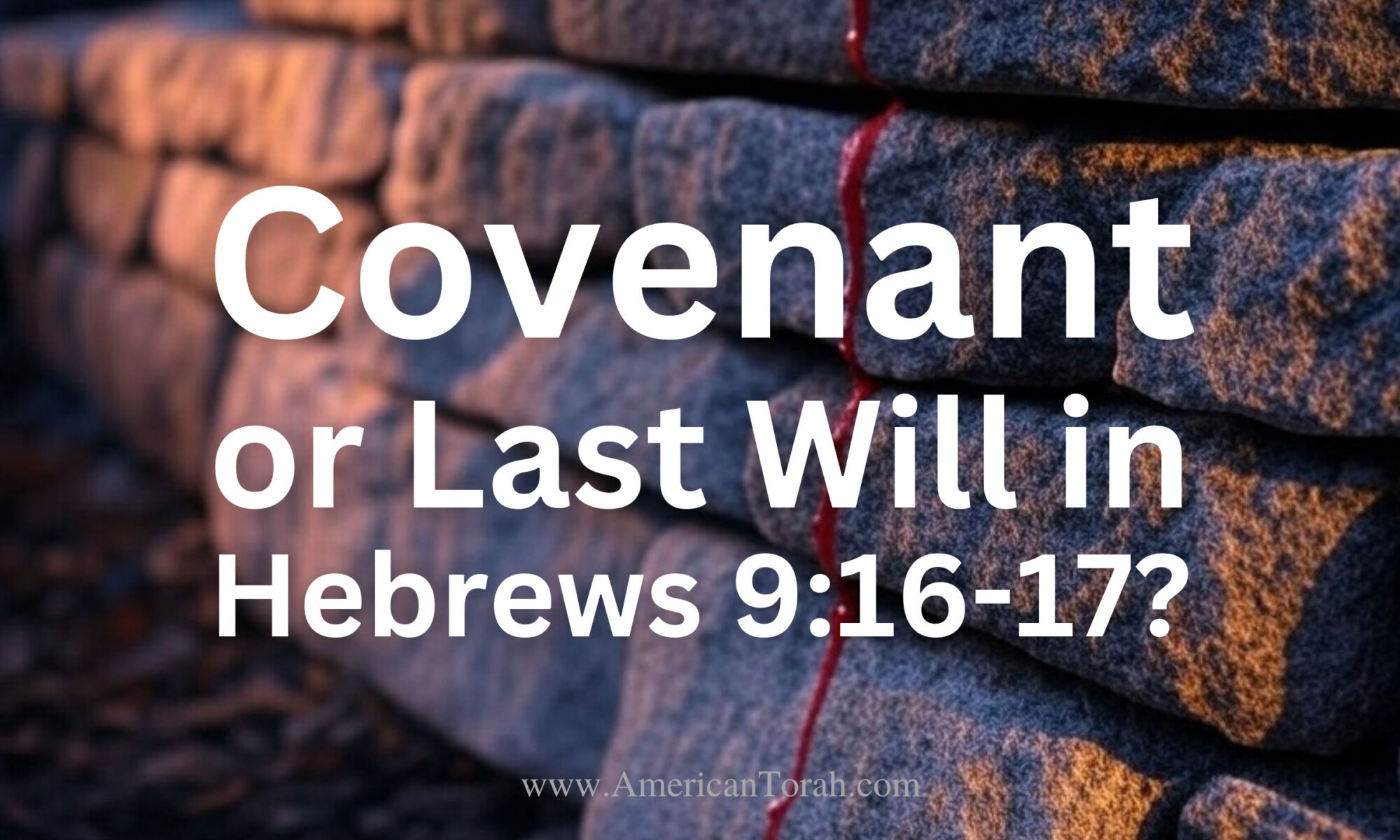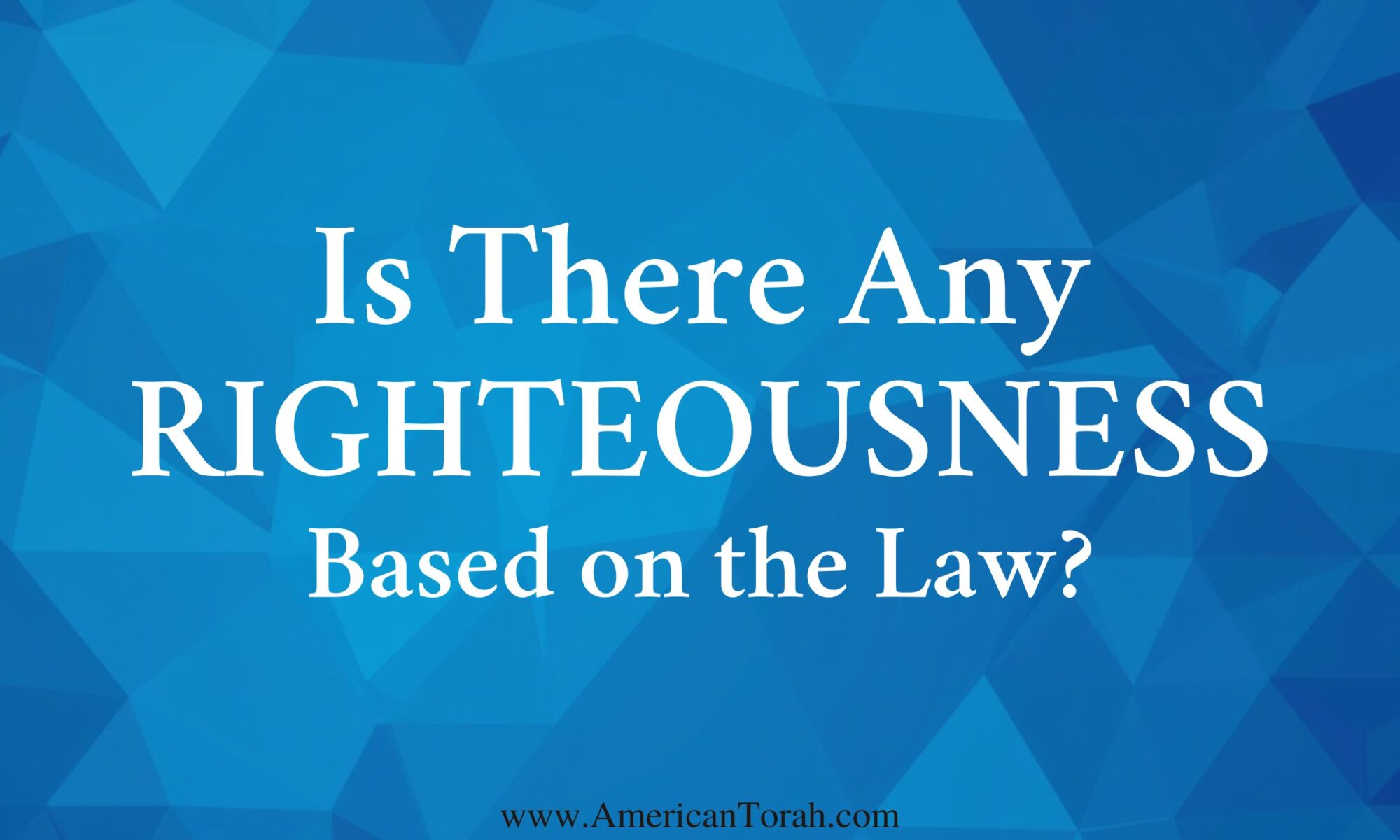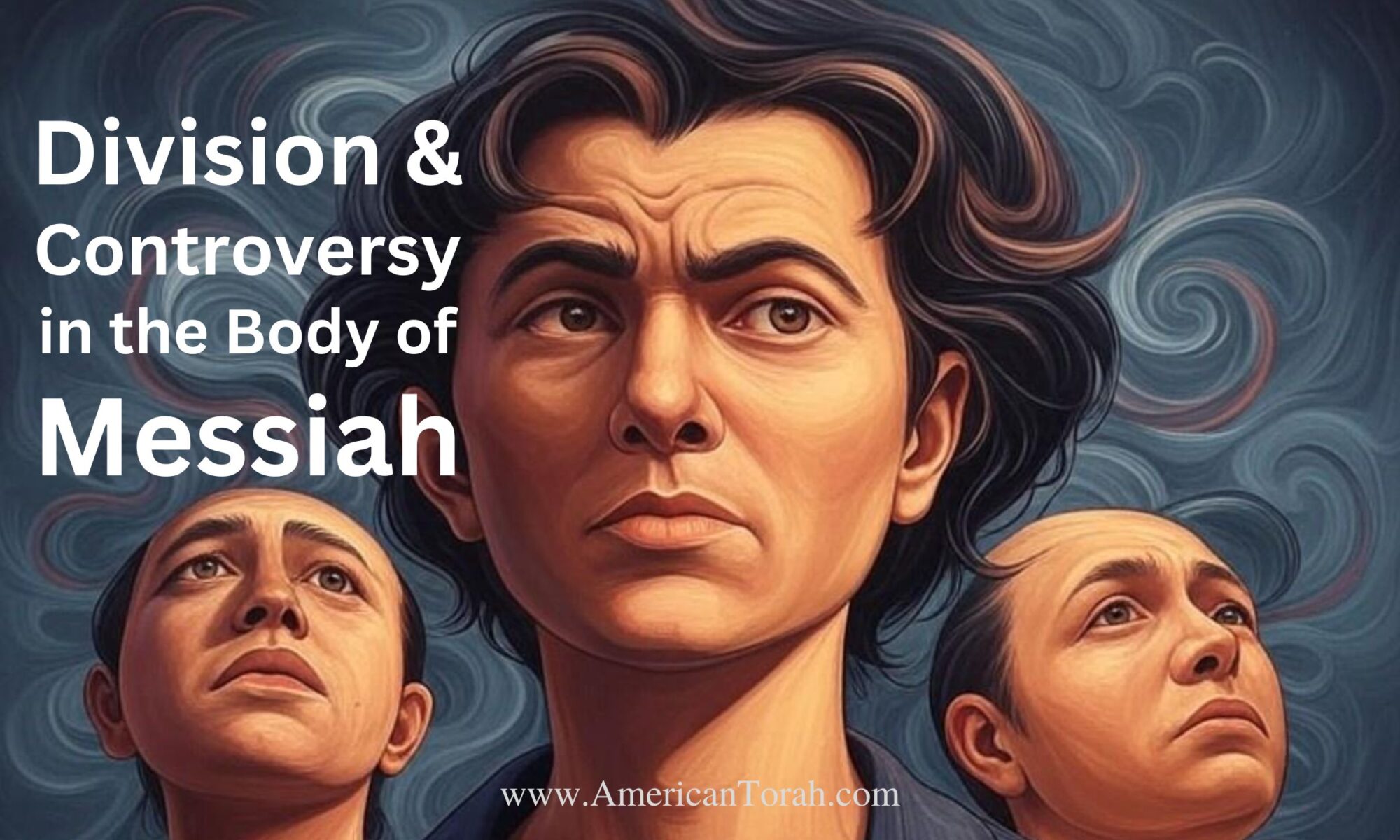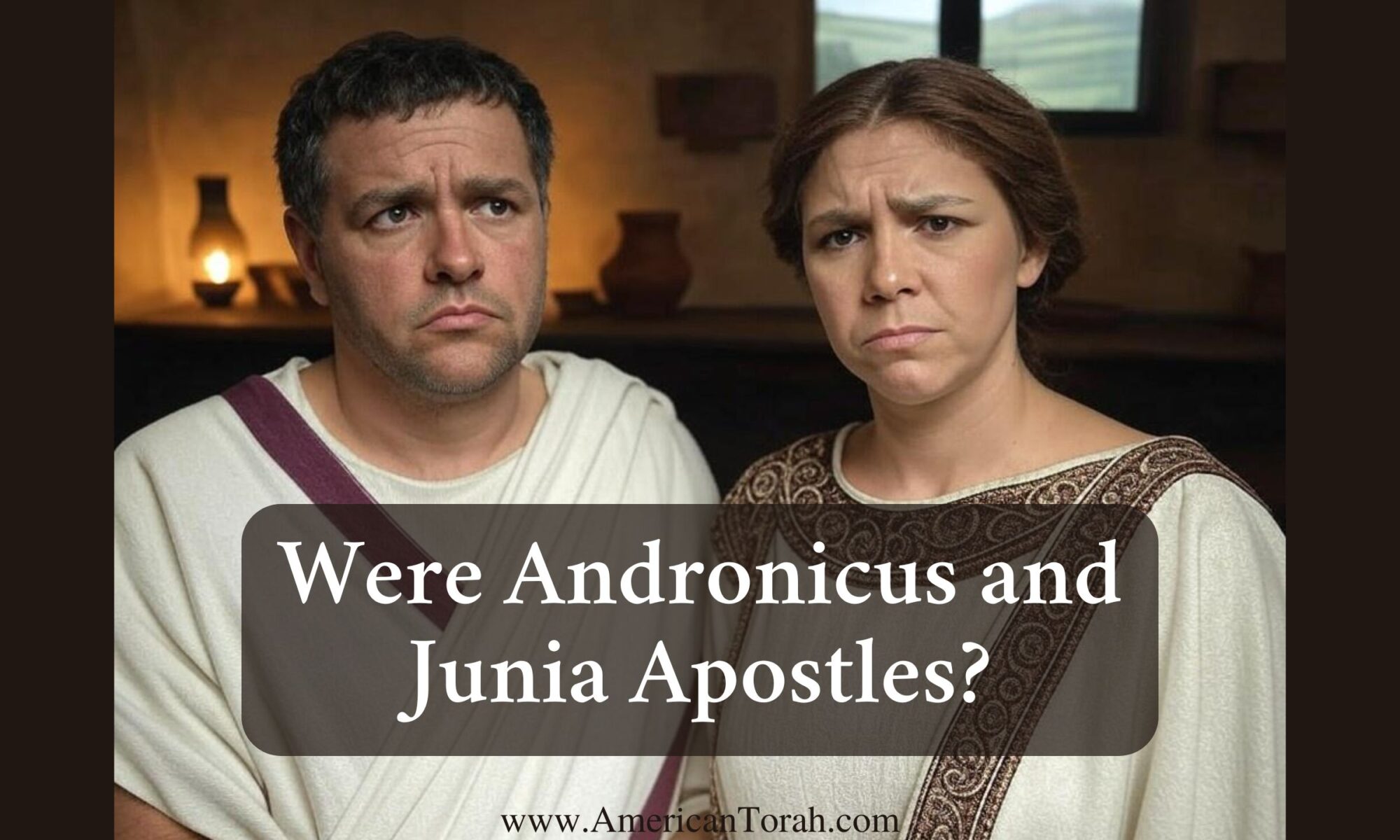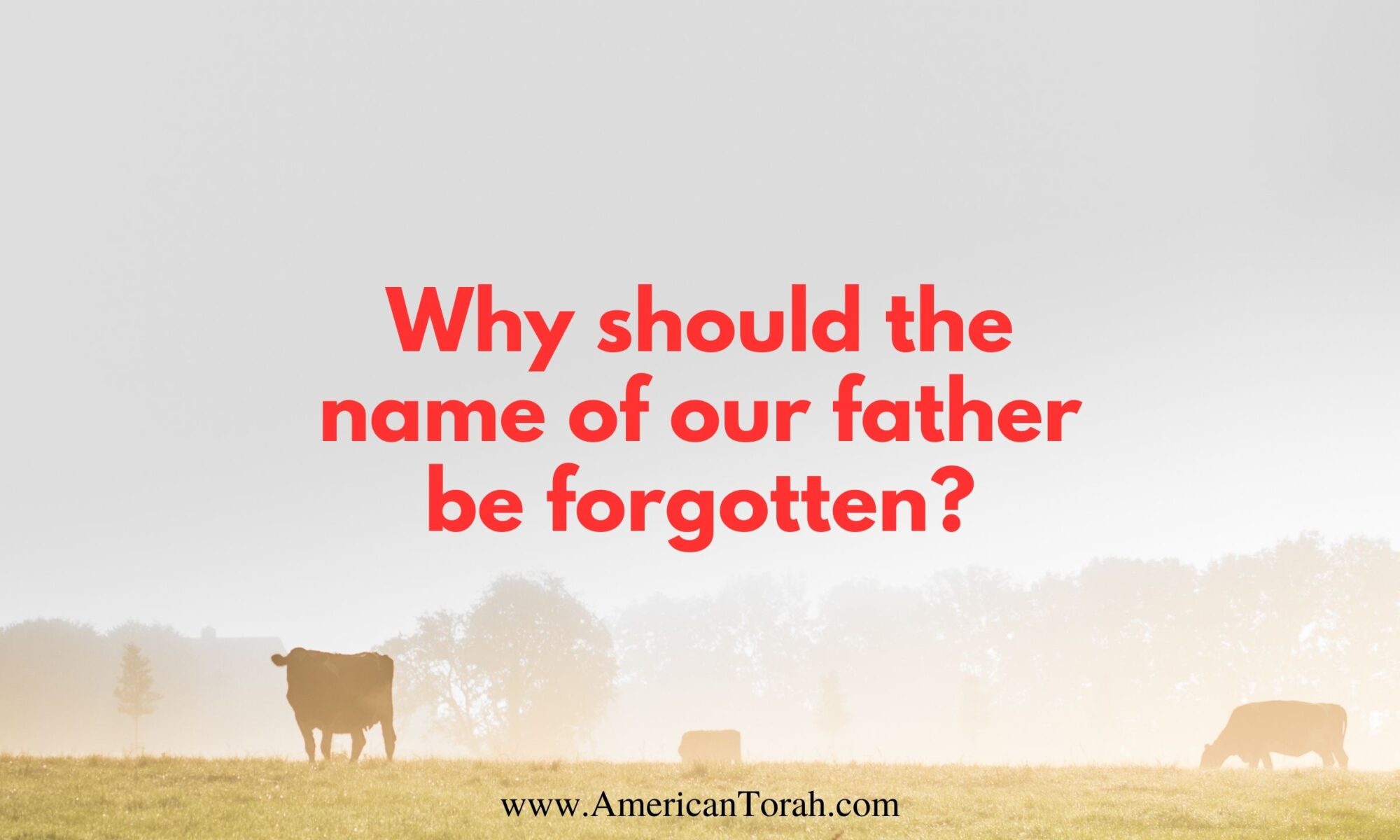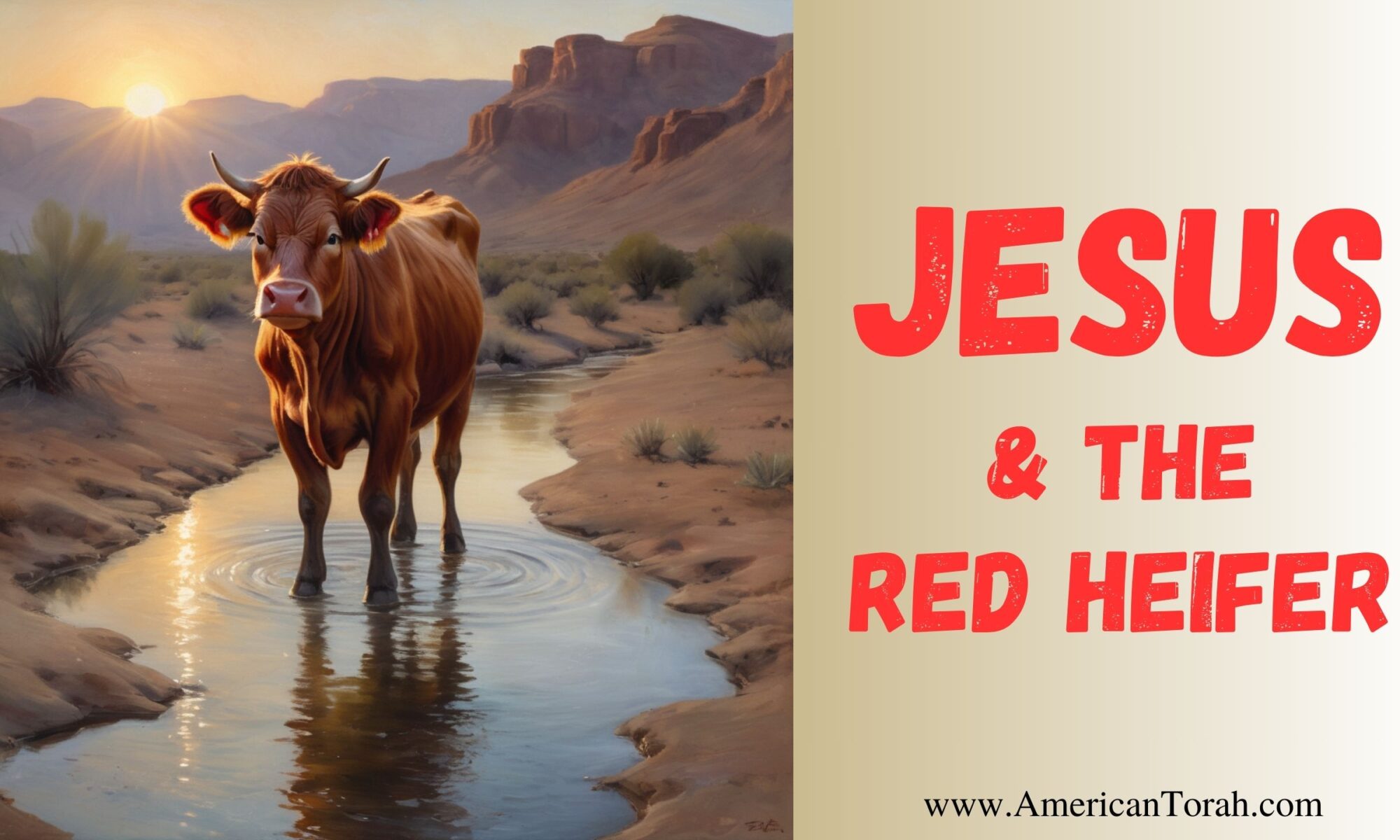The sacrifice of the red heifer (parah adamah, in Hebrew) is one of the most enigmatic rituals commanded in Torah. An unblemished red heifer is entirely burned up outside of the city and the ashes collected to be mixed with water, as needed, to sprinkle on people who had contacted a corpse or grave. Despite these seemingly straightforward instructions, the symbolism and purpose behind each element of the ritual have puzzled scholars and theologians for at least three thousand years. The red heifer’s rarity, the meticulousness of the procedures, and the profound purity laws it addresses all contribute to the mystery that surrounds this ancient practice, inviting an endless stream of speculation.
We know that it must contain prophetic imagery of Yeshua’s role in our redemption from sin, as do all of the sacrifices in Torah. But how? I’m going to add my own speculations to the mix, but first, let me describe the ritual as detailed in Numbers 19.
- A completely unblemished red heifer, that has never been put to labor (pulling a cart, plowing a field, etc) is selected and presented to the High Priest, who presumably verifies the animals eligibility.
- The animal is taken outside of the camp (wilderness) or Jerusalem (Israel) and slaughtered by unspecified people eastward from the Tabernacle (wilderness) or Temple (Israel).
- The High Priest takes a small amount of blood on his finger and sprinkles it toward the entrance of the Tabernacle/Temple seven times.
- The entire heifer, including skin, organs, blood, and dung, is completely burned to ash.
- As it is burning, the High Priest will take a piece of cedar, a branch of hyssop, and a single thread of scarlet yarn, and throw them into the fire.
- The High Priest, who didn’t touch the heifer after it was certified except for a small amount of blood, is made ritually unclean by the process. He must wash his clothes and body before returning to the camp/city, and will be unclean until sunset.
- The person who burned the heifer is made unclean and must wash his clothes and body and be unclean until sunset.
- A man who is clean collects the ashes of the heifer and deposits them in another, clean location, still outside the camp/city, where they will be mixed with water to make the Water of Separation as needed.
- The one who collects the ashes is made unclean and must wash his clothes–but not necessarily his body–and be unclean until evening.
- Anyone who has touched a human corpse, bone, or grave or who has been in a tent or house with a corpse will be unclean for seven days. He is to be sprinkled by a clean person with the Water of Separation on the third and seventh day, then wash his clothes and body on the seventh day.
- Whatever that person touches while he is unclean also becomes unclean (presumably until evening), and anyone who touches that unclean object will become unclean until evening.
- The person who sprinkles water on the unclean person becomes unclean and must wash his clothes and be unclean until evening.
As you can see, the specific instructions aren’t difficult to follow if you read carefully, but the purpose of each instruction is elusive. Why does the Water of Separation (mai nidah) make a clean person unclean and an unclean person clean? Why does one person need to wash his clothes and body to resolve a state of uncleanness, while another person only needs to wash his clothes?
Ritual uncleanness (tumah) in Scripture doesn’t have anything to do with being dirty and isn’t even directly related to sin. As the ritual of the red heifer shows, a person can sometimes become unclean through obedience to God’s commandments. Uncleanness is always associated with a contact with death or a loss of life-force (for lack of a better word). For example, a woman becomes unclean when the capacity to create new life leaves her body. Unclean animals are often associated with carrion-eating or bottom-feeding. The closer the contact with death, the more serious the state of uncleanness. Contact with a human corpse is much more serious than contact with the body of a mouse.
And yet, somehow, the ashes of a cow, a bit of wood, a small plant, and a bit of string can be mixed with water, and sprinkled on a person who became unclean through contact with a dead body…and make that person clean. I won’t pretend to understand the mechanics of all that, but I do see a number of connections between these instructions and the crucifixion of Yeshua (aka Jesus).
The Red Heifer
Red is the color of earth, mankind, and blood. In Hebrew, red is adom, earth is adam, and the first man is Adam. The heifer must be perfectly, uniformly red because the redeemer of mankind must be a perfectly sinless man, the Second Adam.
A heifer is a young cow that has never had a calf. It seems odd that in some way the Messiah might be represented by a heifer, but I believe the connection might be in the cow’s temperament.
Jewish tradition says that the heifer must be at least three years old. Although that isn’t stated explicitly in Scripture, it is implied by two facts: 1) There is another word for calf (egel), which is not used here, and 2) A heifer isn’t meaningfully a heifer unless she is old enough to have given birth.
Calves are both playful and fearful. They chase each other in mock battles, and start at any unusual sight or sound. A mother cow can be aggressive in the defense of her calf or the whole herd. Likewise, and more obviously, a bull is powerful and even more aggressive. In the ancient mind, a bull was the epitome of masculine strength. A heifer, on the other hand, is the most docile of adult cattle.
And being found in human form, he humbled himself by becoming obedient to the point of death, even death on a cross.
Philippians 2:8 ESV
Yeshua came humbly and courageously, not to conquer, play, or cower. In his first appearance, he was more like the heifer than the bull. In his second coming, that will change radically, and he will be more like a bull defending his herd from a competitor.
Unblemished
The red heifer was to be perfectly unblemished, with no spots, scars, breaks, or any other physical defects. This points to Yeshua’s unblemished life. From birth to death, Yeshua lived as a normal man, being tempted to sin, but never sinning.
For we do not have a high priest who is unable to sympathize with our weaknesses, but one who in every respect has been tempted as we are, yet without sin.
Hebrews 4:15 ESV
Unyoked
The red heifer must never have been under a yoke. A cow that has been yoked has been put to forced labor. It has no choices about where it goes, nor what labor it performs. Even though it would much rather be grazing with the rest of the heard, it pulls a plow or cart where its master drives it, or else it feels the sting of a whip.
Yeshua came to serve, not to be served, but he also answered to no one but his Heavenly Father. He referred to himself as the Son of Man, an allusion to divinity used by earlier prophets, and both men and demons recognized him as the heir of King David. Even as he washed his disciples feet, he was King of Kings.
Despite this cloaked majesty, Yeshua went willingly to his death. He wasn’t forced into it. The Father didn’t need to threaten or hobble him to keep him on course to the cross. He knew his mission and accepted it because of who he was (and is!) and how much he loved all of mankind.
For this reason the Father loves me, because I lay down my life that I may take it up again. 18 No one takes it from me, but I lay it down of my own accord. I have authority to lay it down, and I have authority to take it up again. This charge I have received from my Father.
John 10:17-18 ESV
Given to the High Priest
The red heifer is to be given to the High Priest by the people of Israel, not for him to kill, but to examine and certify the animal as suitable for the sacrifice.
Yeshua was arrested in the Garden of Gethsemane and, like the red heifer, delivered to the high priest at his home. He was then tested and evaluated by Caiaphas and the Sanhedrin and judged worthy of death, even though he had done nothing more than speak the truth about his own identity and the abuses of the Jewish religious leadership.
Then those who had seized Jesus led him to Caiaphas the high priest, where the scribes and the elders had gathered….Then the high priest tore his robes and said, “He has uttered blasphemy. What further witnesses do we need? You have now heard his blasphemy. 66 What is your judgment?” They answered, “He deserves death.”
Matthew 26:57,65-66 ESV
Slaughtered by Unidentified People East of the Camp/City
The red heifer is taken eastward out of the camp and killed in front of the High Priest by unspecified people. I say “people” because a cow is a large animal and could not be handled and slaughtered by a single person. Tradition says that these people must also be priests–and in practice that might be how it was actually done–but that’s an imposition on the text. Numbers 19 doesn’t say that they need to be Levites, let alone priests. It doesn’t even say that they need to be ritually clean. I believe this is a prophetic picture of who would later kill Yeshua on behalf of the High Priest in his day.
The Jewish religious leaders handed Yeshua over to the Roman authorities and demanded that they execute him for insurrection. Despite his own misgivings and his wife’s warnings, Pontius Pilate gave in to their demands and ordered Roman soldiers to take him out of the city to be crucified.
22 And they brought him to the place called Golgotha (which means Place of a Skull)…. 24 And they crucified him and divided his garments among them, casting lots for them, to decide what each should take.
Mark 15:22-24 ESV
There has been much debate over the years about the precise site of the crucifixion. The most popular beliefs are that it was either northwest of the Temple at or near a place known today as “The Garden Tomb” or else west of the Temple at the site of the Church of the Holy Sepulchre. I believe both of these to be in error for three reasons.
First, the centurion, who was supervising the crucifixions that day, witnessed the tearing of the curtain at the entrance of the Temple. Since the Temple faced eastward, this would be impossible from any direction except eastward.
And the curtain of the temple was torn in two, from top to bottom. 39 And when the centurion, who stood facing him, saw that in this way he breathed his last, he said, “Truly this man was the Son of God!”
Mark 15:38-39 ESV
Second, Ezekiel’s vision includes numerous events and structures associated with the North, East, and South of the Temple. Nothing in his vision happens to the West, behind the Temple, but those events to the east, toward the Mount of Olives, tend to feature a group of twenty-five men who defy God and give wicked counsel, but also some awesome encounters with God. This would seem to point to something of profound prophetic significance happening on the Mount of Olives regarding rebellion of the Jewish religious leadership and the ultimate triumph of God.
Then the cherubim lifted up their wings, with the wheels beside them, and the glory of the God of Israel was over them [at the east gate of the Temple. See Ezekiel 10:19.] 23 And the glory of the LORD went up from the midst of the city and stood on the mountain [the Mount of Olives] that is on the east side of the city.
Ezekiel 11:22-23 ESV
Third, when the High Priest sprinkles the blood of the red heifer, he is to sprinkle it toward the gate of the Tabernacle/Temple, which always faces east. This means that the sacrifice must also be toward the east or else the priest would be sprinkling it toward some other wall of the Temple. Of course, this assumes that there God intended a prophetic connection between the red heifer and the crucifixion, but as I’m sure you will agree by the end of this article, I think that’s a reasonable assumption.
The Blood Sprinkled Seven Times
As I noted above, the High Priest is to sprinkle the blood of the red heifer towards the entrance of the Tabernacle/Temple seven times. Seven is associated with completion and perfection throughout Scripture. God rested on the seventh day of creation. The week ends on the seventh day with a day of rest. Debts are forgiven in the seventh year. Hebrew slaves are to be set free in the seventh year. The land is to rest every seven years. It takes seven days to ordain a priest.
After shedding his blood on the cross to the east of the Temple, Yeshua said, “It is finished,” and then he died. With his blood, he created us anew, he erased our spiritual debt, he set us free from slavery to sin, and he gave us rest from the curse of disobedience to the Law.
When Jesus had received the sour wine, he said, “It is finished,” and he bowed his head and gave up his spirit.
John 19:30 ESV
Cedar, Hyssop, and Scarlet
The cedar, hyssop, and scarlet of the red heifer have obvious connections to both the Passover lamb (hyssop used to brush the lamb’s blood on the door frame) and to the crucifixion. The cedar foreshadows the tree on which Yeshua was crucified, hyssop was used to give him vinegar to slake his thirst at the end, and just prior to the crucifixion, the Roman soldiers dressed him in a scarlet robe to mock his claim to royalty.
And they stripped him and put a scarlet robe on him, 29 and twisting together a crown of thorns, they put it on his head and put a reed in his right hand. And kneeling before him, they mocked him, saying, “Hail, King of the Jews!”
Matthew 27:28-29 ESV
That scene with the soldiers could even contain all three elements on its own. The crown of thorns clearly isn’t cedar, but it is made of wood. The reed that they put in his hand could have been hyssop, since Matthew uses the same Greek word for the hyssop branch with the vinegar in verse 48 of the same chapter.
Entirely Consumed
Yeshua wasn’t burned, but he did give everything for his mission. He temporarily gave up all unimaginable power and glory in order to live a humble life as a craftsman and wandering preacher. He lived his entire life without sin and willingly gave up his life in one of the most painful and humiliating manners imaginable.
Ashes Taken to a Clean Place Outside the Camp
The ashes of the red heifer are to be gathered by yet another unidentified man. There is nothing in the text that requires this man to be a priest, so it could be any male who is ritually clean.
Graves are inherently unclean. In fact, contact with a grave is one of the severe cases of uncleanness which the red heifer’s ashes are used to resolve. This was one of the reasons there were no graves inside of Jerusalem. Everyone was buried outside the city. However, Yeshua’s body was taken down from the cross by Joseph of Arimathea and placed in his `freshly cut tomb that had never been used, a clean place outside the city.
And Joseph took the body and wrapped it in a clean linen shroud 60 and laid it in his own new tomb, which he had cut in the rock. And he rolled a great stone to the entrance of the tomb and went away.
Matthew 27:59-60 ESV
The process of collecting and depositing the ashes makes the man who does it unclean. Since Joseph touched Yeshua’s corpse in order to move and bury it, he also became unclean in the process.
Burning the Heifer Makes One Unclean
If the burning of the red heifer is a metaphor of the crucifixion of Yeshua, then the connection here is clear. Judas, the priests and scribes, Pontius Pilate, the mob who shouted “crucify him”, the Roman soldiers, and even Peter, who denied him, all brought guilt on themselves.
However, just like with the red heifer, none of those people really caused Yeshua’s death. As noted above, Yeshua went to his death willingly at the instructions of the Father.
This Jesus, delivered up according to the definite plan and foreknowledge of God, you crucified and killed by the hands of lawless men.
Acts 2:23 ESV
God commanded that a man should burn the red heifer and become unclean by it, but in becoming unclean he enables all the people, including himself, to become clean again. God also commanded that his Son should be delivered up to be crucified, bringing guilt on those who chose to participate, but enabling forgiveness and salvation for all people, including themselves.
And the word of God continued to increase, and the number of the disciples multiplied greatly in Jerusalem, and a great many of the priests became obedient to the faith.
Acts 6:7 ESV
Water of Separation for the People
The ashes of the red heifer are mixed with water, and this mix, called mai nidah, is then sprinkled on an unclean person to make him clean. Most English translations call this something like “water for impurity” or “water of purification”, but the King James translates it more literally as “water of separation”. The word nidah isn’t a reference to the state of uncleanness, but to the impact of that uncleanness. It causes a person to be separated from others because he transfers his uncleanness to everything and everyone he touches. The water of separation resolves the state of uncleanness that keeps a person separate, and allows him to rejoin his family and community, especially where it concerns worship at the Temple.
Jesus said to her, “Everyone who drinks of this water will be thirsty again, but whoever drinks of the water that I will give him will never be thirsty again. The water that I will give him will become in him a spring of water welling up to eternal life.”
John 4:13-14 ESV
The Water that Yeshua gives is superior to the Water of Separation because the latter only removes the ritual uncleanness that clings to flesh and physical objects. It can’t remove the spiritual uncleanness of sin that separates us from God. Only Yeshua can do that.
Yeshua’s blood and the water that flowed from his side on the cross reunites us with God. We were eternally separated from him by our sin, but Yeshua enables our forgiveness so that we can approach God with a clean slate, all debts erased.
Let us then with confidence draw near to the throne of grace, that we may receive mercy and find grace to help in time of need.
Hebrews 4:16 ESV
Yeshua has not only removed the separation between man and God, but between man and man. The Jews had grossly misunderstood God’s instructions about being a holy people to mean that they were supposed to keep non-Jews at arms length for fear of contamination. Yeshua brings together Jew and Gentile in a united Commonwealth of Israel.
God told Peter in Acts 10 that he should not consider any believer in Yeshua to be unclean or common. Paul wrote in Romans and Galatians that we are all sinners and saved alike in Yeshua regardless of our ancestry.
For he himself is our peace, who has made us both one and has broken down in his flesh the dividing wall of hostility 15 by abolishing the [man-made] law of commandments expressed in ordinances, that he might create in himself one new man in place of the two, so making peace, 16 and might reconcile us both to God in one body through the cross, thereby killing the hostility.
Ephesians 2:14-16 ESV
The person who sprinkles the mai nidah on another person to remove his uncleanness, must himself be clean when he does so, but he is made unclean by the process. This is like Yeshua who had to be sinless in order for his blood to remove our sins and take them upon himself. On the day of the Final Judgment, God will count Yeshua’s perfect, infinite righteousness as ours. A tiny pinch of ashes makes a large volume of water into mai nidah, and just a sprinkle is sufficient to make a person clean. Likewise, there is no limit to how many people can be made spiritually clean by Yeshua’s blood, how many people can be made perfectly righteous in God’s eyes by his perfect righteousness.
Once a person has been infected by the uncleanness of death, there is a seven day process to make him clean. In Scripture, the number three (especially three days) is used a metaphor of death and resurrection, and seven is a metaphor of completion and finality. On the third and seventh days, the clean person sprinkles the mai nidah on the unclean person. The third day sprinkling represents the resurrection of Yeshua that enables our forgiveness. The seventh day sprinkling represents our own resurrection on the Day of Judgment at the end of the seventh age, when all of heaven and earth will be remade, and those who have been made clean from death by the blood of Yeshua will have eternal life in God’s presence.
At that time, there will be no more temple, no more death, no more uncleanness of any kind. I don’t know what that time will be like, but it we won’t be bored or idle. Our existence in the new universe compared to our existence today will be like life compared to death, a full color world to a flat gray printout.



